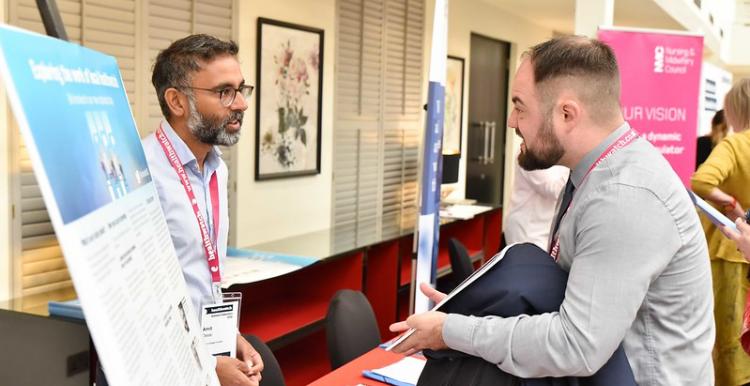How to engage your local MP or councillor

Step one - Find who you need to talk to
The first step is to research which elected representatives would benefit from hearing about your work.
To find the MPs who represent the community you work with, visit https://www.parliament.uk to search for MPs by postcode.
To get the contact details for local councillors, check out the website of your local authorities in your area. District councillors in two-tier areas may be less directly involved in health and social care, but will still be interested in local issues.
Remember to be clear about why you want to talk to them. Are they a community representative or do they hold a specific position or sit on a relevant committee as well?
Understanding how decisions are made locally will help with this research. For example, what type of council is the elected representative involved in? What are they responsible for? This guide to local government can help you.
Step two - Be proactive and relevant
An election gives you a great opportunity to get in touch with an elected representative to make sure they understand the role of local Healthwatch and how you can help.
Whether there has been an election or not, MPs and councillors will be interested in local people’s views, and the concerns they have. However, you can help by ensuring what you share is tailored and relevant.
- Does it relate to their constituency or ward?
- Does the elected representative have a history of being interested in certain issues?
- Will the information help them with an upcoming decision or debate?
You can find out about the upcoming work of elected representative by looking at the forward plan of a local council or what is coming up in Parliament using the Parliament calendar. You can also contact local or national committees to ask them about their future work.
Your role on local Health and Wellbeing Boards also provide another opportunity to alert elected representatives about the experiences people have shared with you.
Step three - Keep the lines of communication open
Stay in touch after the first contact. Steps you can take include:
- Sending them new reports, news and your annual report
- Offering them briefings a few times a year on the key issues facing the community
Some local Healthwatch support elected representatives by helping to answer the health and social care questions from local people. Holding joint health and social care information surgeries is one way to do this and can help you a gathering more feedback from your community.
Step four - Remember our role. Remember purdah.
A productive relationship with elected representatives will benefit your community but it’s important to always maintain your independence and political impartiality.
Our ‘Guide to maintaining independence’ can help you do this.
With elections regularly being held across England, it’s also essential that, when they happen, you act in a politically neutral manner.
Our ‘Purdah guidance’ explains more about how you should behave during national and local elections.
